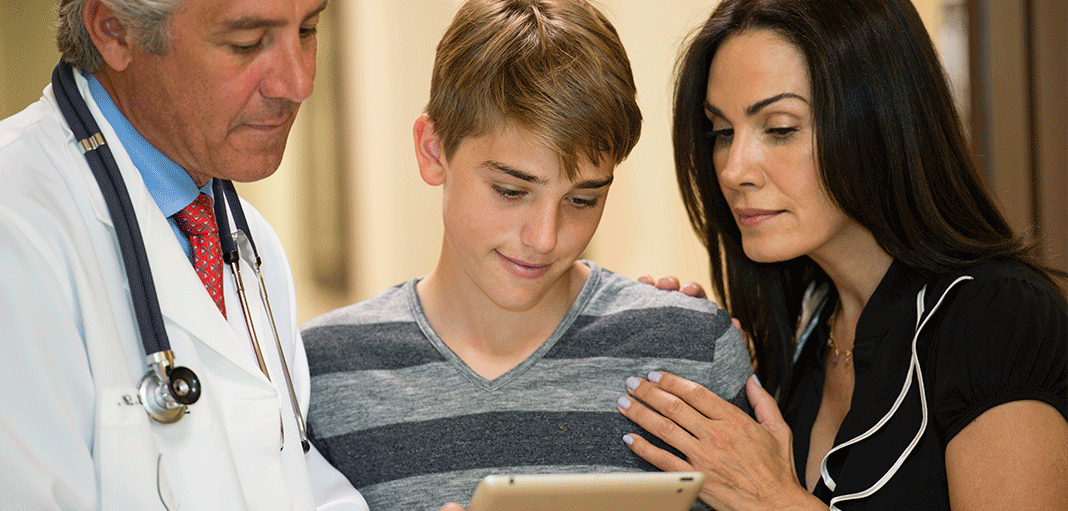
While Crohn’s disease can’t be cured, there are treatments that can help manage symptoms. Not everyone experiences the same symptoms and the severity of the disease can vary from patient to patient, so your treatment will be tailored to your needs. The three main components of most treatment plans are medications, diet and nutrition, and surgery.
Medications
There are several different types of medication your doctor may prescribe to help control your symptoms, minimize complications, and achieve and maintain remission. The most common are:
- Antibiotics
Metronidazole, ciprofloxacin, and other antibiotics may be used when infections occur, or to treat complications of Crohn’s disease.
- Aminosalicylates (5-ASAs)
Given either orally or rectally, these drugs work to decrease inflammation in the lining of the intestines and are usually used to treat mild to moderate Crohn’s symptoms.
- Corticosteroids (Steroids)
Given orally, as an injection, rectally, or intravenously, these medications help reduce inflammation by suppressing the immune system. They are usually given to help with moderate to severe Crohn’s disease symptoms. Steroids are not intended for long-term use; they are best suited for short-term control of symptoms and disease activity. If not used appropriately, patients can become steroid dependent or resistant.
- Immune modifiers (Immunomodulators)
Given orally or injected, these medications are aimed to reduce inflammation.
- Biologic therapies (Biologics)
Given intravenously or injected, this class of drugs suppresses the immune system to reduce inflammation by targeting a specific pathway, and is usually given to people who have not responded to conventional therapy.
Diet and Nutrition
While the symptoms of Crohn’s disease aren’t caused by what you eat, a healthy diet and good nutrition are still important for managing symptoms and for the benefit of your overall health. This may be a challenge because Crohn’s disease often affects your appetite and ability to absorb nutrients from food. Work with your doctor or dietitian to find an eating plan that’s right for you.
Surgery
According to the Crohn’s and Colitis Foundation, as many as two thirds of people with Crohn’s disease will need surgery at some point. Surgery may be performed to remove a diseased section of the intestine, or to repair a fistula (hole) or obstruction. While surgery can’t cure Crohn’s disease, it often causes symptoms to disappear, sometimes for long periods of time.
Because Crohn’s is a complex disease, your treatment plan may be complex as well. If you have questions or want to learn more, talk to your doctor or contact your Coram team.
Disclaimers:
This information is not a substitute for medical advice or treatment. Talk to your doctor or health care provider about your medical condition and prior to starting any new treatment. Coram assumes no liability whatsoever for the information provided or for any diagnosis or treatment made as a result, nor is it responsible for the reliability of the content.
Coram does not operate all the websites/organizations listed here, nor is it responsible for the availability or reliability of their content. These listings do not imply or constitute an endorsement, sponsorship, or recommendation by Coram.
